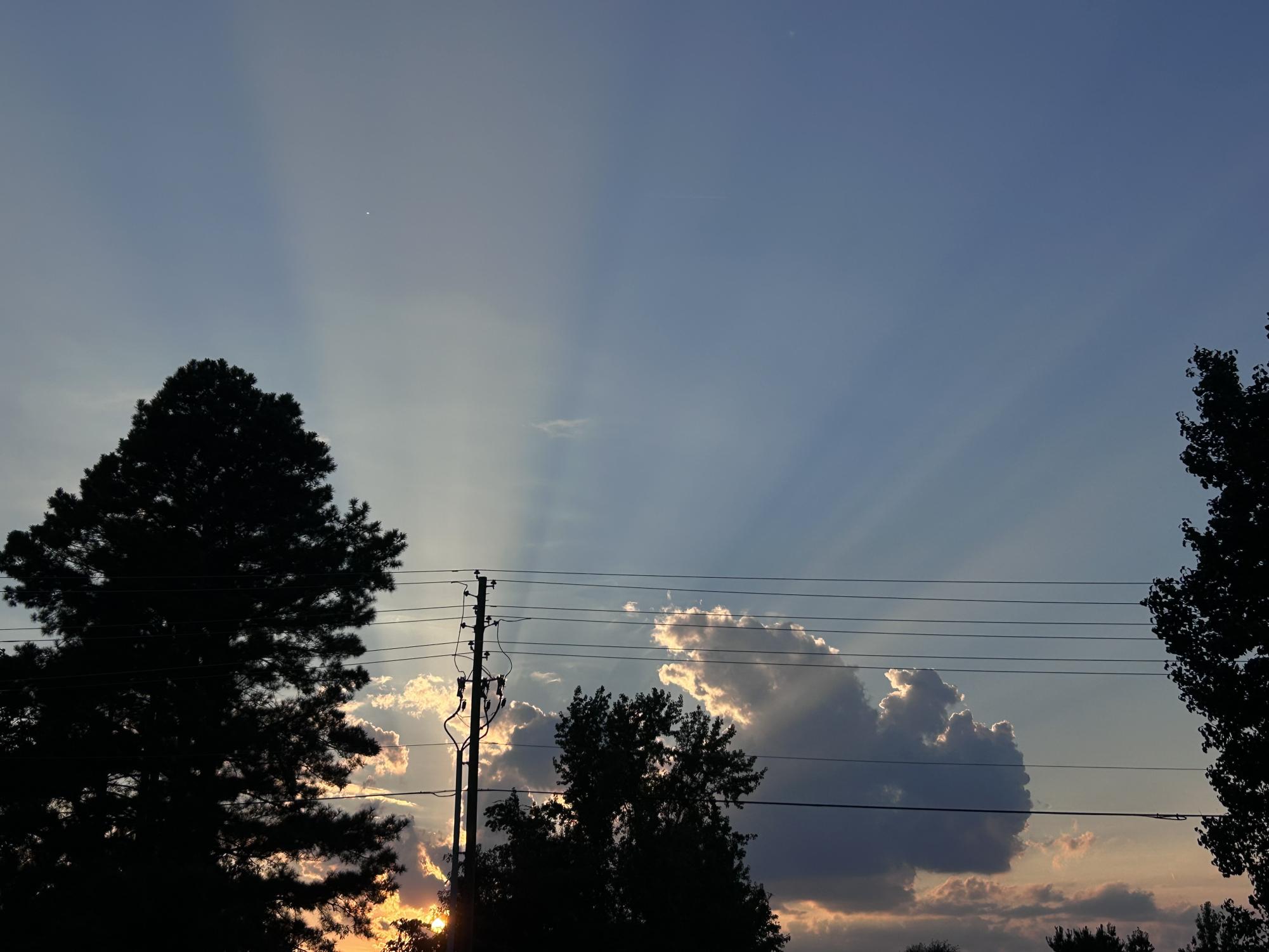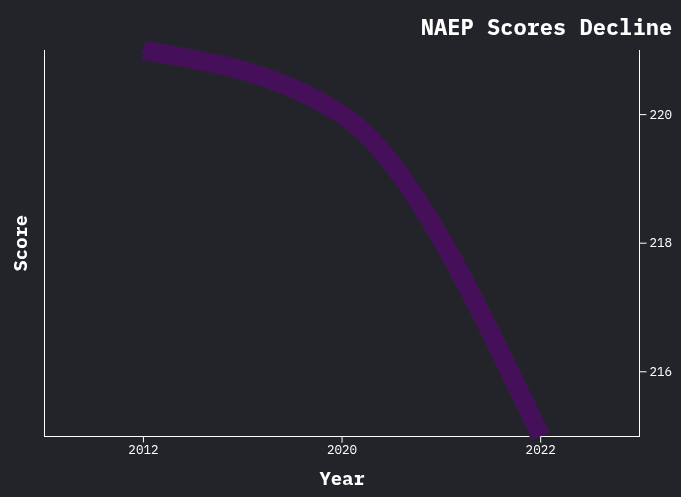If you have been paying attention to the internet recently, you may have noticed that in the last few weeks there has been a lot of talk about the Rapture. This time, the announcement was made by a South African Pastor named Joshua Mhlakela, who first claimed he had a dream that it would be on September 22-23. When those days passed, he claimed that he made a miscalculation and the Rapture would actually be on October 6-7. Now that those days have passed too, many are speculating that the whole ordeal was a hoax, which to non-believers was incredibly obvious from the start. The question that many people seem to be asking is: Why does it feel like every few years there is another mass panic about the Rapture?
Biblically, the mentions of the Rapture can be seen in 1 Thessalonians 4:16-17, where it describes how ‘the Lord himself’ will come down with a loud trumpet call and take everyone into the sky with him into heaven. Recently, it seems like the fear of the Rapture was not actually based on any evidence, it stemmed solely from the viral video of Mhlakela discussing his dream.
Many people thought the Rapture was never coming from the start, saying how it feels like we have another panic every few years.
“From what I can tell, most Christians didn’t believe it would happen and just thought it was funny. But there were a plethora of older people I know and saw that celebrated and encouraged the possibility of the rapture happening,” said junior Jacob Daw. “It sounded like a ton of ‘tin-foil-hat’ bologna.”
Another important aspect of the Rapture panic to acknowledge is that it’s a huge indicator of religious psychosis. Religious psychosis is when a religious person becomes so engrossed in their religion that delusions and hallucinations can occur if unchecked, leading to having a distorted view of the world. If people have gotten to the point where they blindly follow an online pastor and make drastic changes to their life because of false hope of the world ending, that’s a massive red flag and a reflection of the mental health of Evangelical Christian believers.
“If the end times were really coming, there would be a lot more evidence,” said junior Eli Crosby.
In Matthew 24:36, it’s specifically written that nobody will know when the Rapture will come, with the Bible explaining that “ …about that day or hour no one knows, not even the angels in heaven, nor the Son, but only the Father.”
The blind devotion to religious speakers that some Christians are participating in is based on false information, to the point where their own book contradicts their actions. The struggle with seeing people follow faulty predictions is that it begs the question: if they are willing to blindly follow online evangelicals without doubt, what other unreliable things are they completely believing because enough of their peers believe in it too?
The recent scare of the Rapture from Evangelical Christians highlights the rise of poor critical thinking, ultimately leading to more stress and injustice from within their own group and even affecting people outside of their group, who may be struggling under the false belief systems that were created in those evangelical churches. This recent debacle should raise concern for everyone about the mental state of these groups and the message they are spreading around that could ultimately be harmful.







